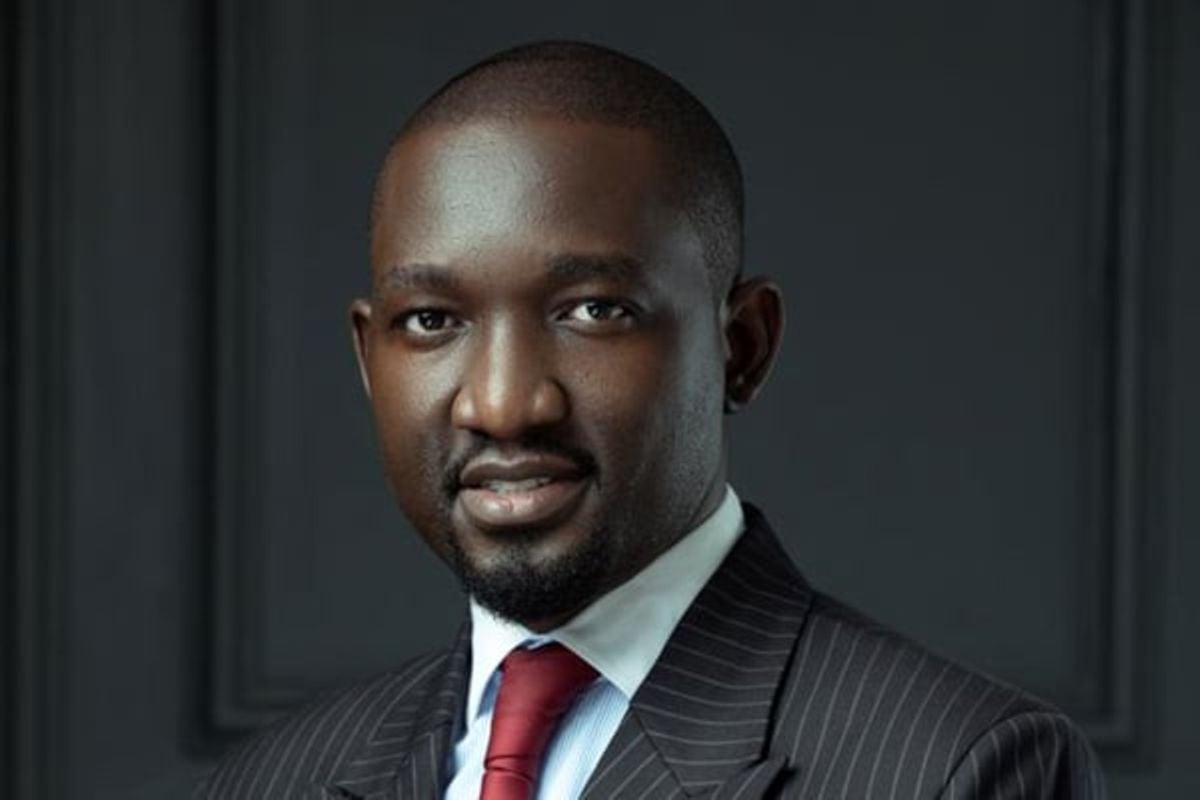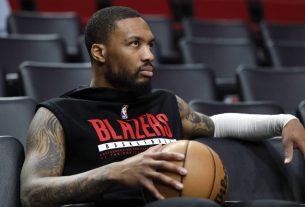Uganda’s harmonized Sports Bill attempts to have a say in the affairs of the Uganda Olympic Committee (UOC), a provision that could have grave implications as informed by what has happened elsewhere, especially regarding “government interference”.
In line with the concept of the Lex Sportiva and the spirit of Olympisim, the International Olympics Organization (IOC) maintains as provided for in its Olympics Charter that the Olympic Movement is independent and autonomous. According to Lex Sportiva, because sports is unique; only sporting bodies are in the best place to run and manage sports.
There have been a number of cases where the IOC has banned countries (to put it more accurately, countries’ National Olympic Committees “NOCs”) over what it perceives as government interference when governments tried to control the running of the affairs of their NOCs through legislations in the form of sports laws or otherwise. The Olympic Charter allows for collaborative efforts between sporting bodies and governments but does not entertain government interference.
Further still, the Olympic Charter obliges International Federations like FIFA for example to protect the spirit of Olympism and to ensure that the Olympic Movement is protected from undue influence.
According to the IOC, “The sports legislation in a country must not serve to “micro-manage” the national sports organizations or as a substitute for their respective statutes/internal regulations. It should aim rather at establishing a general framework and clear understanding of the relationship and the necessary interactions between the government and the sports organizations in order to foster a fruitful and productive partnership for the development of sport and the athletes, with mutual respect for their jurisdiction, authority, and responsibilities.”
Kuwait has had its fair share of bans by the IOC over “undue government interference” concerning its sports legislation which according to the IOC permitted governmental interference in the internal functioning of Kuwait’s NOC. The Court of Arbitration for Sport upheld the IOC’s decision in a number of disputes brought before it by the Kuwait government over this ban. This ban was only lifted after Kuwait amended its sports legislation.
Ghana’s NOC was also suspended in 2011 because its sports law gave the government the power to make appointments to the NOC.
India’s stance of compelling officials of its national sporting federations and the Indian NOC to adopt mandatory eligibility requirements was dubbed government interference that led to the suspension of the Indian NOC.
Sri Lanka’s proposed sports legislation barred certain high-ranking officials from standing for re-election. This prompted a warning from the IOC and led to Sri Lanka’s dropping of that proposal.
Kenya’s suspension of its NOC officials after their alleged mismanagement of the Kenyan Olympic team at the Rio Olympics led to a warning from the IOC and the cutting of funding. The likes of Panama have also been cautioned.
From the foregoing, we see that government interference can attract suspensions, funding cuts, and even outright bans. It also seems to be that government interference can be everything and anything according to the IOC’s discretion.
Importantly as stated above, International Federations are also under the obligation to ensure that governments do not interfere in the Olympic Movement otherwise they or their member associations risk bans from the Olympics. Kuwait suffered both the IOC and FIFA bans over their sports laws.
The concept of “government interference” polarizes opinion and as this columnist has written in the past, its origins were noble-the need to maintain the autonomy of sports because of its specificity. However, it has become a weapon that many a time rogue sports administrators use to escape accountability for their maladministration of sport, a public good.
The question must be asked; if the Sports Bill as it is becomes law soon as expected, will Joshua Cheptegei and Jacob Kiplimo feature in the 2024 summer Olympics? Or even, better still, shall we be able to listen to Rob Walker’s wax lyrical in his commentary as the two athletes bring Uganda glory?
Ojakol is a Sports Lawyer, Partner at Matrix Advocates,
Contacts:0742116305/ 0787261019




